- Browse
- Distributed Computing
Results for "distributed computing"
 Status: PreviewPreviewT
Status: PreviewPreviewTTencent Cloud
Skills you'll gain: Cloud Development, Cloud-Native Computing, Cloud Applications, Serverless Computing, Cloud Computing, Cloud Infrastructure, Application Development, Cloud API, Microservices, Distributed Computing, Mobile Development Tools, Data Migration, AI Enablement
Intermediate · Course · 1 - 3 Months
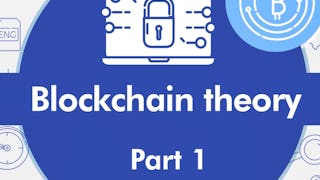 Status: PreviewPreviewP
Status: PreviewPreviewPPohang University of Science and Technology(POSTECH)
Skills you'll gain: Blockchain, Cryptography, Transaction Processing, Programming Principles, Encryption, Data Structures, Virtualization and Virtual Machines, Network Protocols, Distributed Computing, Network Architecture, Algorithms
Intermediate · Course · 1 - 3 Months
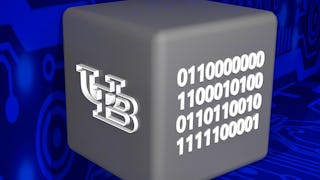 Status: PreviewPreviewU
Status: PreviewPreviewUUniversity at Buffalo
Skills you'll gain: Blockchain, Cryptography, Payment Systems, Distributed Computing, Network Model, Transaction Processing, Emerging Technologies, Virtual Machines, Verification And Validation
Beginner · Course · 1 - 4 Weeks
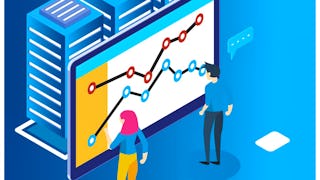 Status: Free TrialFree TrialJ
Status: Free TrialFree TrialJJohns Hopkins University
Skills you'll gain: Apache Hadoop, Apache Hive, Big Data, Apache Spark, NoSQL, Data Management, Data Processing, Databases, SQL, Query Languages, Data Manipulation, Scripting Languages, Data Transformation, Distributed Computing
Intermediate · Course · 1 - 3 Months
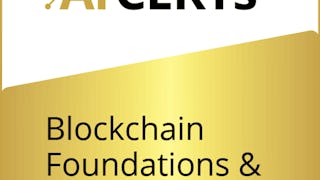 Status: NewNewStatus: Free TrialFree Trial
Status: NewNewStatus: Free TrialFree TrialSkills you'll gain: Blockchain, Secure Coding, Transaction Processing, Distributed Computing, Integrated Development Environments, Application Deployment, Program Development, Cryptography, Development Environment, Virtual Machines
Beginner · Course · 1 - 4 Weeks
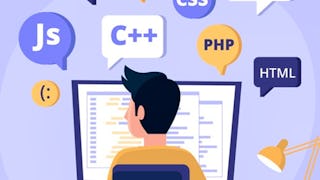 Status: Free TrialFree TrialJ
Status: Free TrialFree TrialJJohns Hopkins University
Skills you'll gain: Apache Hadoop, Data Processing, Distributed Computing, Performance Tuning, Software Architecture, Scalability, Program Development
Intermediate · Course · 1 - 3 Months
 Status: NewNewStatus: Free TrialFree Trial
Status: NewNewStatus: Free TrialFree TrialSkills you'll gain: Cloud Deployment, DevOps, CI/CD, Application Deployment, Development Environment, Cloud Applications, Continuous Deployment, Version Control, Amazon Elastic Compute Cloud, Continuous Integration, Real Time Data, Kibana, Query Languages, Data Modeling, Distributed Computing, SQL, Data Mapping, NoSQL, Relational Databases, Scalability
Beginner · Specialization · 1 - 3 Months
 Status: NewNewStatus: Free TrialFree TrialL
Status: NewNewStatus: Free TrialFree TrialLLearnQuest
Skills you'll gain: Reinforcement Learning, Responsible AI, Agentic systems, Artificial Intelligence, Machine Learning Methods, Distributed Computing, Simulations, Transfer Learning
Beginner · Course · 1 - 4 Weeks
 Status: NewNewStatus: Free TrialFree Trial
Status: NewNewStatus: Free TrialFree TrialSkills you'll gain: Oracle Databases, Performance Tuning, Database Architecture and Administration, Virtual Machines, Software Installation, Database Management, Data Storage, System Configuration, Network Administration, Disaster Recovery, Distributed Computing
Intermediate · Course · 1 - 3 Months
 Status: NewNewStatus: Free TrialFree TrialU
Status: NewNewStatus: Free TrialFree TrialUUniversity of Glasgow
Skills you'll gain: Wireless Networks, Emerging Technologies, Communication Systems, Digital Communications, Internet Of Things, Telecommunications, electromagnetics, Network Architecture, Software-Defined Networking, Zero Trust Network Access, Digital Transformation, Interoperability, Electronics Engineering, Distributed Computing, Development Testing, Electrical Engineering, Artificial Intelligence and Machine Learning (AI/ML), Information Technology, Machine Learning, Trustworthiness
Intermediate · Course · 1 - 4 Weeks
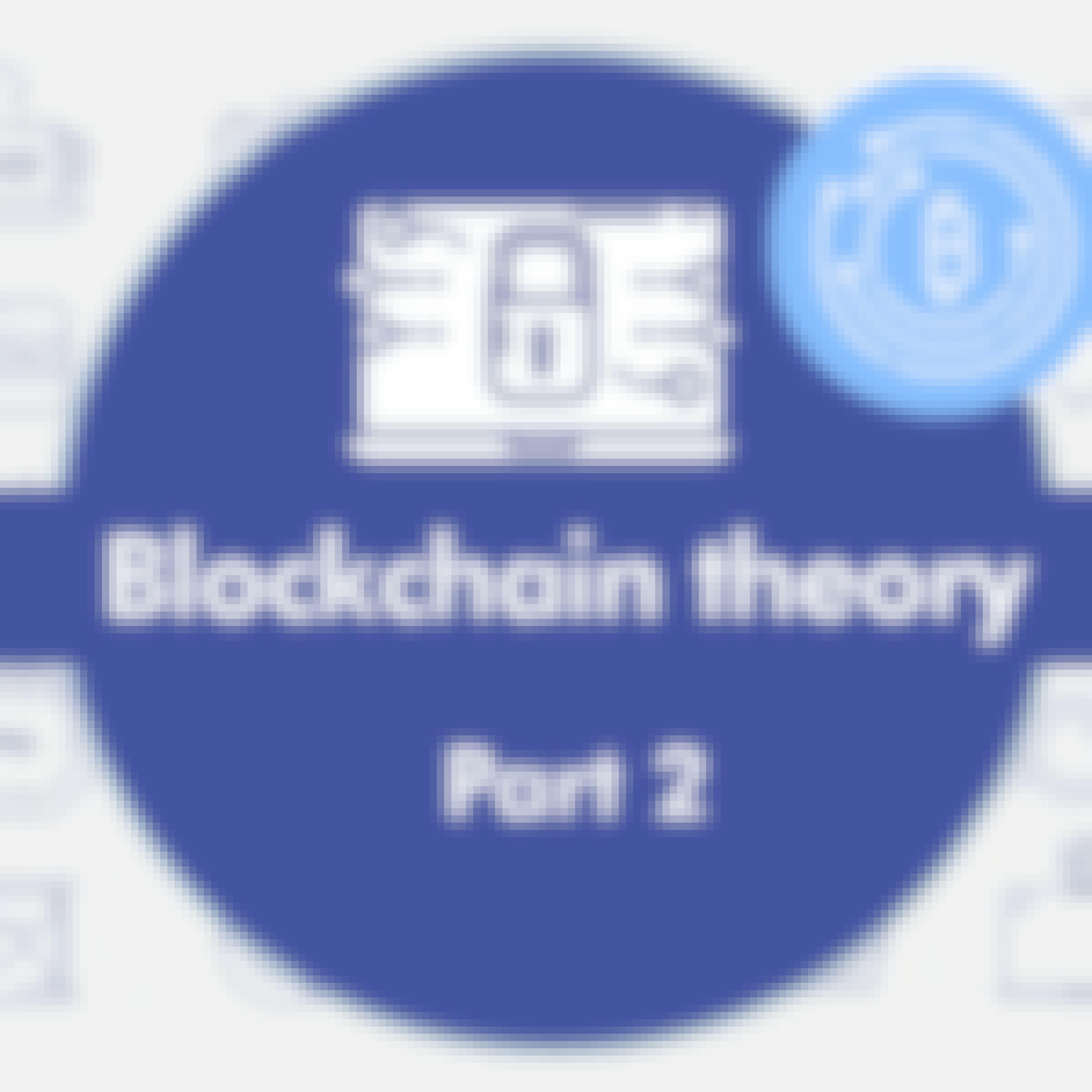 Status: PreviewPreviewP
Status: PreviewPreviewPPohang University of Science and Technology(POSTECH)
Skills you'll gain: Blockchain, Application Development, Cloud Applications, Payment Systems, Investment Banking, Cryptography, Investments, FinTech, Digital Assets, Open Source Technology, Distributed Computing, Microservices, Transaction Processing, Algorithms, Governance
Intermediate · Course · 1 - 3 Months
 Status: NewNewStatus: Free TrialFree Trial
Status: NewNewStatus: Free TrialFree TrialSkills you'll gain: Real Time Data, Kibana, Query Languages, Data Modeling, Distributed Computing, SQL, NoSQL, Scalability, JSON, Performance Tuning, Text Mining, System Configuration, Geospatial Information and Technology
Mixed · Course · 1 - 3 Months
In summary, here are 10 of our most popular distributed computing courses
- Tencent Cloud Developer Associate: Tencent Cloud
- Blockchain Theory and Applications I: Pohang University of Science and Technology(POSTECH)
- 블록체인의 기초: University at Buffalo
- Data Analysis Using Hadoop Tools: Johns Hopkins University
- Blockchain Foundations & Smart Contracts: AI CERTs
- YARN MapReduce Architecture and Advanced Programming: Johns Hopkins University
- Elastic Stack Mastery with Elasticsearch & AWS: EDUCBA
- Decision-Making in Dynamic Environments: LearnQuest
- Oracle RAC Core Concepts and Setup: Packt
- 6G Deployment: Testbeds, Antenna Systems & Digital Twins: University of Glasgow










